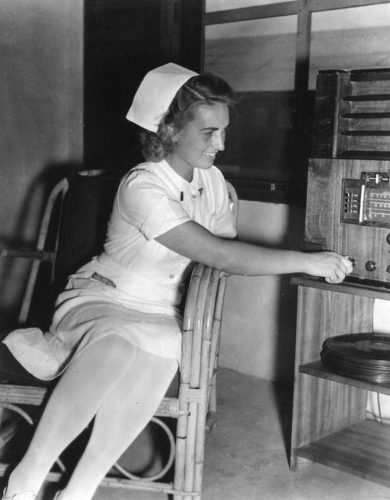This week, an example of an approach that fuses history, philosophy and debating. You start with an in-role debate set at a particular moment in history, with participants on opposing sides, and then switch to a more general, philosophical question with people speaking as their true selves. I’ve experimented with groups from 6-8 up to teens over at www.p4he.org and it works very well.
The Scenario
“It is August 1939. Britain and Germany are not yet at war, but everyone in government knows that it is only a matter of days. A huge reorganisation is going on across the whole country to prepare for war. Part of that is the war of words – what will the British people be told about the progress of the war – the bad news as well as the good? You are at a meeting of officials from the War Office and the new Ministry of Information, which will only officially begin to exist on the 4th September.
Your task is to establish the principles for when the people will be told the truth about the war, and when news will be censored. You have the full power of the state behind you: editors of newspapers can be prosecuted if they print stories that are not supposed to be published. There are also fewer news channels than in modern times: the national and local newspapers, just one national radio station, no TV and of course no internet!
How much should you keep the truth of defeats and retreats from the people? You have to consider issues such as morale, trust, panic, military advantage and the public willingness to contribute to the war effort. What recommendations will you make to the new Minister for Information?

The Debate
I’ve found it works best to initially get groups of people who are in favour of telling the whole truth, heavy censorship, or some middle ground to discuss their ideas in small groups before you switch into role – you become the Minister of Information, and it works well to use the children’s surnames and a range of titles to add a period formality to it. Encourage a mixture of practical arguments about the successful pursuit of the war, and moral arguments about the importance of truth and equality etc.
The Enquiry
Once you’ve explored the scenario and different points of view have been given and challenged, switch things around (preferably breaking up the existing groups) and then move the larger, enquiry question, “In a time of war, what changes about right and wrong?” This is itself part of a larger complex of moral questions about whether the ends justify the means, and whether actions can be judged by whether they follow particular rules or by their consequences.
Advice
You could use the same approach for other decisions at key points in history, or indeed within a story. You always have to rule out the use of hindsight for it to work. They key thing is to have some more general, philosophical question to which you can switch, and to clearly signal that shift by coming out of role.
As always, it’s fascinating to see whose confidence blossoms given the chance to inhabit a character, and how that can carry back to their this-world self.
Best wishes,
Jason
P.S. September is getting quite booked-up now for training and workshops (see here). You might like to get a workshop day in this term as a way of priming a full launch of P4C in the autumn, or to get Sticky Questions as a good way to invest a small part of your Covid Recovery funding. We also now offer Zoom Webinars which can be a very cost-effective way for MATs and other consortia of schools to give large numbers of staff some initial exposure to training in dialogue and philosophy.